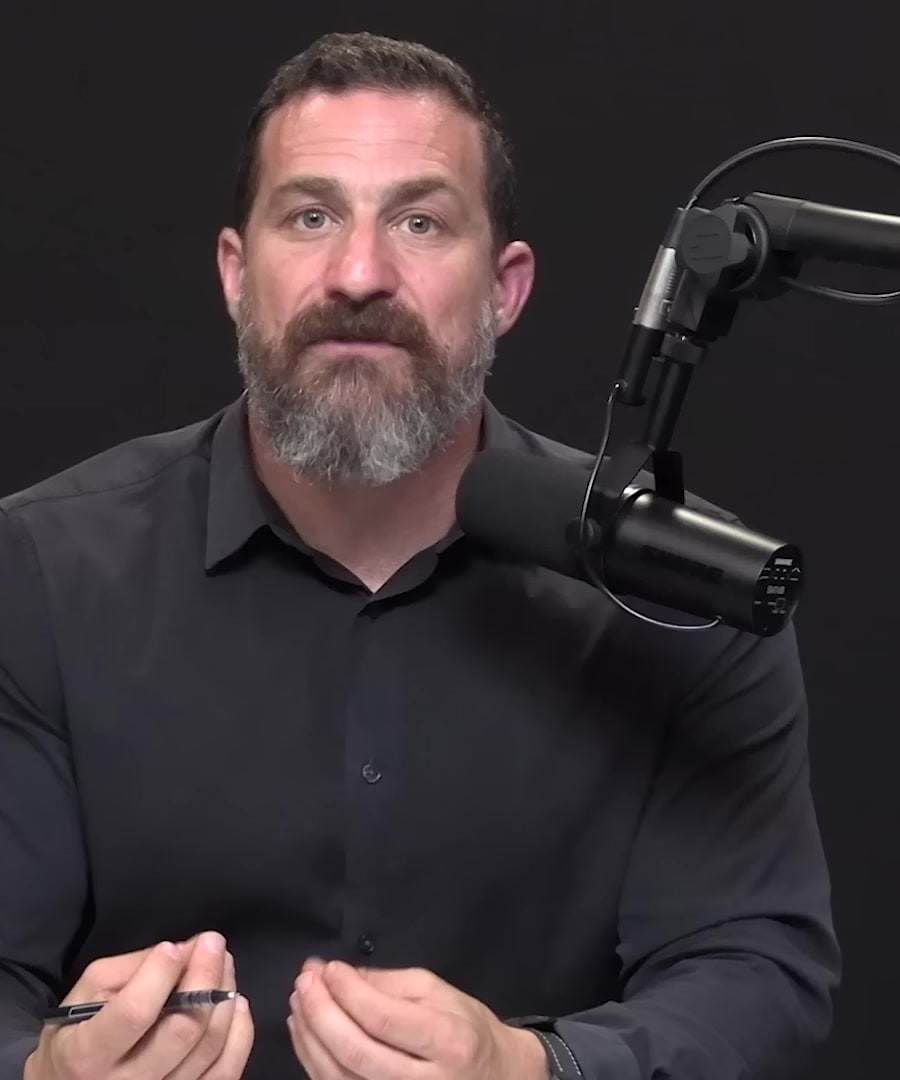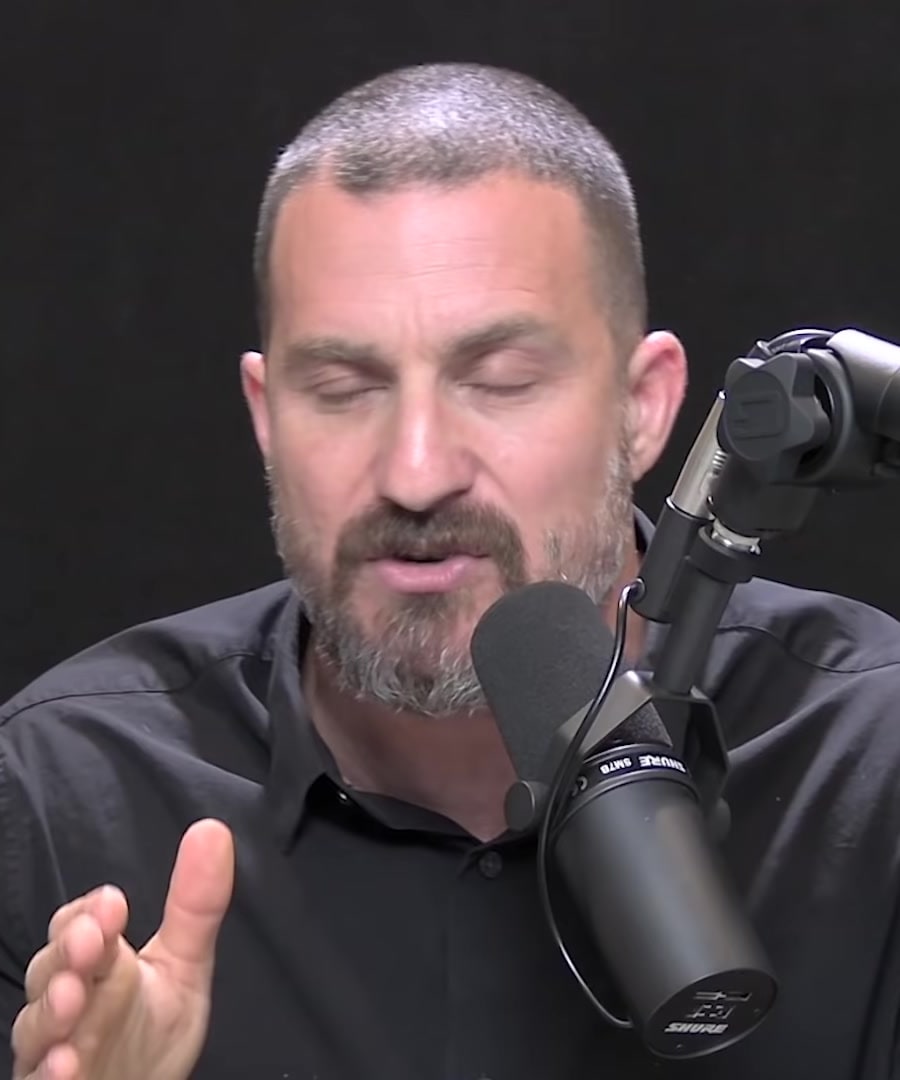Best protocols for reducing anxiety
Sources:
To reduce anxiety, discusses several protocols:
-
Cyclic Physiological Sigh: A five-minute daily breathing protocol involving repeated cycles of two inhales through the nose followed by a full exhale through the mouth. This technique significantly improved mood, anxiety, sleep, and heart rate variability 1.
-
Hypnosis: Utilizing the Reveri app for guided hypnosis, backed by scientific research. Notable for reducing anxiety, enhancing focus, and promoting relaxation without grogginess. The app offers various protocols, some as brief as one minute 2.
-
Sauna Usage: A protocol of 12-minute exposures to 90°C (194°F) heat, followed by a six-minute cool down. This method effectively reduces cortisol levels, helping manage stress and anxiety 3.
-
Journaling: Completing four specific bouts of writing can significantly alleviate symptoms of chronic anxiety and improve overall mental and physical health. This method also benefits those dealing with insomnia, arthritis, and chronic pain 4.
-
Social Connection: Forming and maintaining meaningful social connections is crucial for long-term stress reduction. This approach can mitigate stress more effectively than some direct stress-reducing tools or exercise 5.
Incorporating one or more of these practices can help manage and reduce anxiety effectively.
RELATED QUESTIONS-
How does cyclic sigh breathing work?
Sources:
Cyclic sigh breathing, a technique discussed by , involves deliberate breathing patterns to help restore balance and reduce stress. Here’s how it works:
-
Breathing Pattern: It starts with a deep inhale through the nose, immediately followed by a second, shorter inhale. This is then followed by a prolonged exhale through the mouth until the lungs are completely empty 1.
-
Frequency and Duration: To maximize benefits, cyclic sighing is performed for five minutes each day. This practice not only reduces stress during the exercise but also translates into lower stress levels throughout the day 1.
-
Physiological Effects: The cyclic sigh helps balance the autonomic nervous system by coordinating the sympathetic and parasympathetic systems. The initial deep breaths inflate collapsed alveoli in the lungs, improving gas exchange and reducing carbon dioxide buildup, which is key to alleviating stress rapidly 2.
-
Immediate Stress Reduction: Even a single instance of the cyclic sigh can introduce calm by switching from a heightened state of arousal to a more relaxed state. It's especially effective for real-time stress, such as before public speaking or during a stressful situation 3.
Incorporating this breathing technique into your routine can foster significant improvements in mood, anxiety levels, and sleep quality 4.
RELATED QUESTIONS-
Is endel app a good one?
There appears to be no specific mention or review of the Endel app in the available clips from the . Therefore, I can't provide an assessment based on 's discussions or recommendations.
For an informed decision, consider researching the app's features, user reviews, and perhaps trying it out to see if it meets your personal needs for productivity or relaxation. Always consider multiple sources of information to make an informed choice.
RELATED QUESTIONSWhat are the key features of Endel?
Sources:
The available data does not contain specific information about the key features of the Endel app. There is no clip from the discussing this topic directly.
To get detailed information about the key features of Endel, it is recommended to look at the app's official website or user reviews on app stores. Typically, such apps offer functionalities like personalized soundscapes, sleep aids, focus enhancement, and relaxation techniques.
RELATED QUESTIONS
Best protocols for reducing anxiety
- RELATED QUESTIONS
How does cyclic sigh breathing work?
- RELATED QUESTIONS
Is endel app a good one?
- RELATED QUESTIONS
What are the key features of Endel?
- RELATED QUESTIONS







